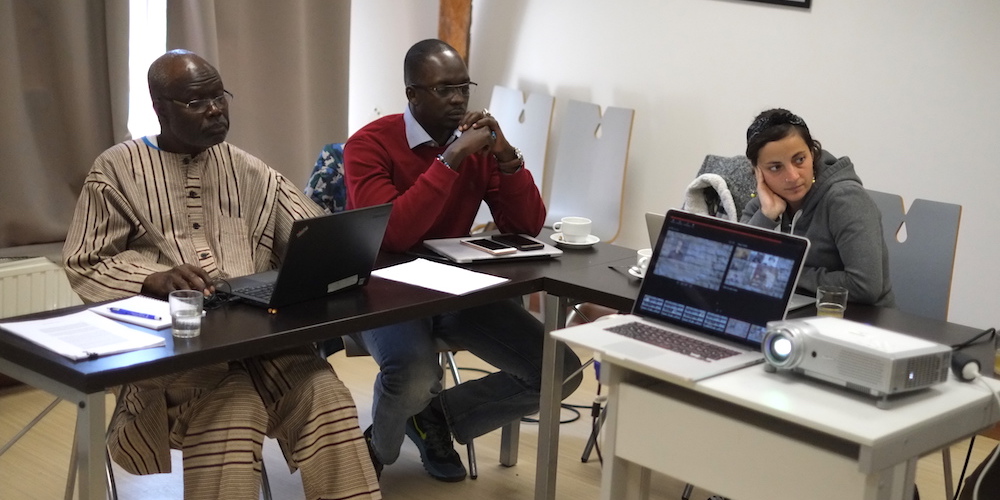The 2018 Villarceau CEARC PhD candidates seminar
"Resilient, sustainable and healthy communities, lessons from fieldwork in Senegal, Colombia and deprived neighborhoods in France"
May 14-19, 2018
Beyond the possibility of fertile connections between seemingly disparate subjects, there is a common thread. Numerous attempts, for instance in the field of adaptation to global change or health , are pursued through disciplinary of pluri-disciplinary approaches. They rely mostly on static analytical frameworks, seeking correlations between reified attributes that belong to the Driver and Barrier approach, despite the fact that these concepts are permanently refigured in a changing world. Our intention is to overcome the limitations of a view based on Rational Action Theory, which considers only utilitaristic and egotistic individuals, without a social context or biological content, leading to ethically deficient considerations, falling under methodological individualism. Thus, two main objectives are pursued:
1. The benefits of inter- or transdisciplinary practices, in order to tackle complex or wicked problems, such as health, persisting poverty, climate, biodiversity or natural resources;
2. Consolidating a sociological interpretative framework, which is cruelly lacking, both in the fields of adaptation and health, in order to provide richer descriptions and understandings of ongoing processes, providing new insights for interventions, including community-led ones.
Obviously, the purpose of the seminar is not just a theoretical one, it is intended to support each PhD candidate, through common threads that cut across various fields and subjects.
The seminar is conceived in a way that can facilitate the production of a collective textbook, which offers the possibility for each PhD candidate to elaborate not just on the outcomes of his thesis, but also on lessons learnt, turning-points, as well as practical and theoretical considerations that proved instrumental for success.





